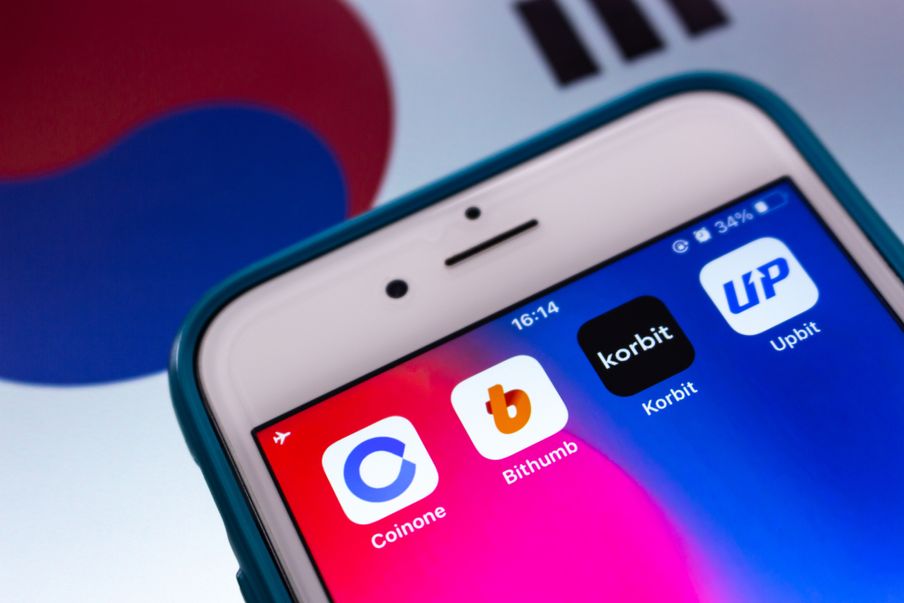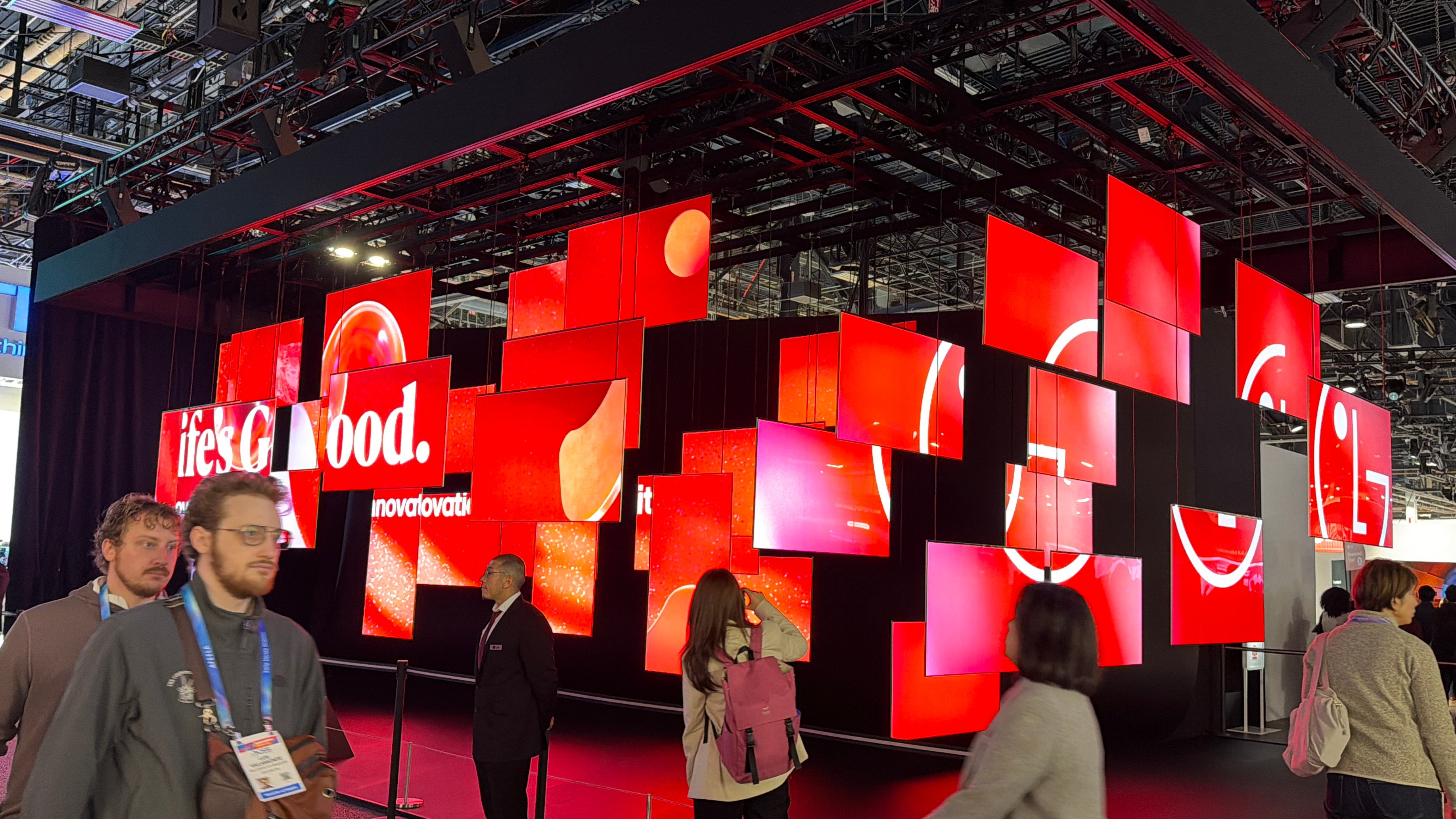The rising influence of Korean crypto during Bitcoin rallies

South Korea is becoming a major player in the global crypto market, fueled by altcoins and local exchanges. This rise is due to the country's complicated socio-economic and regulatory environment.
Based on Gross Domestic Product (GDP), South Korea ranks 13th in the world economy. However, in the cryptocurrency market, this ranking is rapidly ascending.
According to data provided by CryptoCompare (CCData) to The Miilk, the trading volume of Korean cryptocurrency exchanges holds the 4th position in the global market. Considering that the top three countries have exchanges widely used by Korean users, located in tax havens such as the Cayman Islands, Singapore, and Seychelles, the possibility of a higher ranking is significant.
When combining data from CCData, Kaiko, Coinhills, and others, the Korean Won (KRW) consistently features among the top currencies traded against Bitcoin. Since the cryptocurrency surge in October, Korea's presence has grown even more. Over the three months from September to November, while trading between the U.S. dollar and Bitcoin decreased by 11%, KRW-BTC trading saw a substantial 17% increase. In fiat-to-Bitcoin trading, the dominance is split, with the dollar at around 40%, and the won closely trailing at approximately 41%.
According to data from the Financial Intelligence Unit (FIU) of Korea, the number of crypto investors in Korea in the first half of 2023 reached approximately 6 million. This equates to one in every ten South Koreans investing in crypto.
How did South Korea become a major player in crypto? The strong inclination toward altcoins in the Korean cryptocurrency market, especially through domestic exchanges like Upbit, can be attributed to a unique mix of factors. These include Korea's real estate prices, the absence of high-risk-high-return products in traditional investment options, geographical and cultural characteristics, brokers in the early cryptocurrency market, socio-economic factors, and the absence of strict listing regulations.
Understanding South Korea's Unique Market: Altcoin, and Upbit
The cryptocurrency market in South Korea exhibits a unique structure. While global investors typically trade Bitcoin (BTC) and Ethereum (ETH) on global cryptocurrency exchanges such as Coinbase, Binance, and Bybit, Korean traders distinctly show a tendency to trade in altcoins.
Data from Kaiko reveals that Upbit's Bitcoin trading volume is a mere 9%, with Ethereum trailing at a meager 2%. Notably, altcoins such as Ripple (XRP) and Stacks (STX) carve out a substantial share of the trading volume. Following closely are Dogecoin (DOGE), Solana (SOL), Mask Network (MASK), Swipe (SXP), and Bitcoin Cash (BCH). STX, securing the third spot, has recorded a staggering $13bn in trading volume on Upbit this year.
In stark contrast, the leading U.S. exchange, Coinbase, witnesses Bitcoin and Ethereum dominating at 36% and 22% of the trading volume, respectively, with altcoins accounting for a mere 31%. STX trading on Coinbase hovers below the $1bn mark.
Tracking the cryptocurrency with the highest daily trading volume in 2023, Coinbase had BTC-USD leading for all but 22 days, while Upbit had over 40 different cryptocurrencies claiming the top spot on its platform. Notably, XRP-KRW held the prime position for an impressive 64 days.
"Korean investors exhibit a tendency to prefer cryptocurrencies with relatively higher volatility compared to top market cap cryptocurrencies such as Bitcoin and Ethereum." Said a person with familiar with the local industry to The Miilk.

The cryptocurrency trading landscape in Korea is virtually monopolized by a single entity—Upbit, boasting an 70% market share, leaving Bithumb, Coinone, and Korbit to share the remaining 20%. Upbit's market share, which was below 50% until the market stagnated in May 2021, skyrocketed to nearly 85%. In the subsequent two years, there has been minimal change in market share.
However, Bithumb, the second-largest exchange, has staged a comeback, surpassing a 10% market share in November after hovering around 7% in July 2023. Conversely, Coinone dipped below 5%, and Korbit dwindled to less than 0.25%.
Upbit's trading volume serves as a barometer for Korean traders' activity, consistently surpassing Coinbase, the top U.S. exchange, each month in 2023. "the fourth-largest domicile by spot trading volume - but with many offshore exchanges operating in the domiciles above South Korea, the influence of the Korean market in the crypto industry is even more impressive," Jacob Joseph, a CCD Data Research Analyst, told The Miilk.
Why Local? Korean Language and KRW Trading Pairs
Local Korean cryptocurrency exchanges gained traction initially by offering services in the Korean language and facilitating easy trading with the local currency, the Won.
before Bithumb and Coinone listed USDT lately, stablecoin-stablecoin trading pairs or stablecoin-fiat trading pairs were virtually nonexistent on Korean exchanges. Korean exchanges dominated the market by providing almost exclusive trading pairs with the Won. According to Duwan Nam, COO of StableLab and Asia Lead at MakerDAO, this played a crucial role in the popularity of Korean exchanges.
Although English is taught in schools, conversational English proficiency is rare in daily life in Korea. This linguistic barrier means that many Koreans do not access the same information as English speakers. Moreover, Korea often builds independent ecosystems for various technological services. For instance, Koreans use Naver for search instead of Google, and Naver Maps and KakaoTaxi instead of Google Maps and Uber.
The preference for Upbit among local users can be traced back to early 2020 when Korean financial authorities introduced the Virtual Asset Service Provider (VASP) reporting system. Cryptocurrency operators were required to report and register with the Financial Intelligence Unit (FIU) in Korea, and Upbit was the first to comply. Upbit's handling of the entire loss of ₩58bn($43.9mn) during the 2019 hacking incident also contributed to earning trust among investors.
"Korean traders can be broadly categorized into spot and futures investors. Futures traders often go through domestic exchanges to invest in foreign exchanges, which makes the process complex." Juan Kim, a communications team leader at dunamu, which operates Upbit, told The Miilk. "Due to this complexity, a significant number of spot investors seem to prefer using domestic exchanges directly linked to their bank accounts," He added.

Why Altcoins? A Quick Way to Buy a House
So, why the penchant for altcoins? The answer is entangled in the socio-economic and cultural factors, as well as the intricacies of the investment market in Korea.
Ironically, the popularity of altcoins is rooted in their high volatility. Traditional Korean investments, such as real estate, became difficult to acquire with earned income due to soaring prices. According to the Monetary and Credit Policy Report from the Bank of Korea in September 2023, the ratio of apartment prices to disposable income in Korean households is a staggering 26 times, compared to 11.9 times in major advanced countries.
As real estate became less accessible with monthly wages, attention shifted to the investment market. While the demand for high-risk, high-return investment products has increased, there are limited options in Korea's traditional financial market.
The Korean stock market imposes a 30% price fluctuation limit, making it challenging to achieve high returns. Gambling, including sports betting, is strictly prohibited, and except for one casino in Gangwon Land, Koreans cannot engage in gambling domestically. In this context, altcoins emerged as one of ladder for Koreans to quickly acquire homes.
As people profited from altcoins, the trend gained momentum, fueled by the social and cultural characteristics unique to Korea. With a population concentrated in the Capital area, Korea lacks the racial diversity seen in global societies. The culture emphasizes speed and efficiency, leading to easy comparisons and the rapid spread of the Fear of Missing Out (FOMO) phenomenon.
"Real estate requires seed money for Koreans, but altcoins are an investment asset that can be utilized with a small amount for high volatility. Phrases like 'I bought coins for 100,000 won and made 10 times the profit' spread easily, contributing to the preference for altcoins." Moon Geon-gi, CEO of Haechi Labs, which has been running a blockchain infrastructure company in Korea since 2018, told The Miilk.

Regulatory Absence and Altcoin Brokers
Regulations in Korea have also played a significant role in nurturing the altcoin market. While regulations mandate Virtual Asset Service Providers (VASPs) to register, however, there is no regulation on listing after VASP registration. This encouraged cryptocurrency exchanges to swiftly support new altcoins, reaping the benefits of marketing and increased trading volume. In contrast, Japan has regulated listed coins since 2018.
The role of brokers bringing in altcoins into Korea has also fueled the altcoin market. XRP, among many other altcoins, entered Korea around 2015, well before the global cryptocurrency boom in 2017. Brokers capitalized on buying cryptocurrencies at lower prices and selling them at inflated rates in Korea. "Retail investors prefer coins with low individual prices, thinking they are affordable. Ripple is often perceived as cheap, leading to its popularity. Similarly, old altcoins like Bitcoin Cash and Ethereum Classic are also favored." Duwan Nam, the COO, told The Miilk.
Korea's top-tier internet infrastructure, boasting 5G download speeds reaching 432.7 Mbps according to Statista, combined with a 99% internet usage rate, creates an ideal environment for cryptocurrency trading.
The Korean cryptocurrency market's affinity for altcoins, particularly through local exchanges like Upbit, can be attributed to a unique combination of market structures, language, currency preferences, socio-economic factors, and the absence of stringent listing regulations. As Korea continues to exert influence on the global crypto landscape, grasping these dynamics becomes crucial for investors and observers alike.
By Sejin Kim
Note: This article is a slightly modified translation of the original Korean article by Reporter Sejin Kim, using generative artificial intelligence (AI).
The Miilk is not only reporting on generative AI but also experimenting with using generative AI solutions to create actual content. If you have any opinions on our articles, drop us an line to sejin@themiilk.com. we actively takes your opinions into consideration for our articles.









